Vedantic concept of peace:
The rulers think that punishing the Law-breakers will bring peace, where as the oppressed think which eliminating the oppressors will ensure peace. The nations think that destroying or subduing the enemy nations will create peace. UN with its six principal organs thinks eliminating the nuclear and atomic weapons from world and encouraging international cooperation in the spheres of social, economic and cultural developments; developing friendly relations among nations on principles of equal rights and self- determination and recognizing the fundamental rights of all people will establish peace.
But the wise Rishis in Veda says that ever-enduring peace can never be obtained through external means. Only One who has found inner peace has indeed found peace that abides forever. And only through spiritual discipline alone this inner peace can be acquired.
One who has found peace within transmits peace to others by one’s own life’s example, though one be not aware of it since only what possessed can be gifted.
Concept of peace in Vedic scriptures not only refers to non-violence and welfare of the entire humanity. but instead this famous Shanti-Mantra of Yajurveda (36.17) clearly explains the peace and harmony of mind, body and soul of all existing entities starting from universe to unicellular microscopic organism in physical, mental, spiritual, environmental, ecological, financial and social level.
Om dyau śāntirantarikṣaṁ śānti
pṛthivī śāntirāpa śāntiroṣadhaya śānti
vanaspataya śāntirviśvedevā śāntirbrahma śānti
sarvaṁ śānti śāntireva śānti
sā mā śāntiredhi
Om śānti, śānti, śānti
May peace radiate there in the whole sky as well as in the vast ethereal space everywhere. May peace reign all over this earth, in water and in all herbs, trees and creepers. May peace flow over the whole universe. May peace be in the Supreme Being Brahman. And may there always exist in all peace and peace alone. Om peace, peace and peace to us and all beings!
From above verse we can conclude Collective peace or wellbeing does not refer only to humanity, because animals, plants, insects etc all also come under its vision. Since in Bhagavad Gita lord Krishna Says
sarva-yoniñu kaunteya mürtayaù sambhavanti yäù
täsäà brahma mahad yonir ahaà béja-pradaù pitä
It should be understood that all sp
ecies of life, O son of Kunté, are made possible by birth in this material nature, and that I am the seed-giving father.
Furthermore Vedic saying Vasudhaiva Kutumbakam (the entire earth is indeed a family of Vasudeva) clearly goes even further and stresses the well-being of all in the state of equilibrium which is needed for the proper existence of all and everyone in this universe.
Achieving peace
To achieve real peace and all wellbeing we need to have understanding of both personal and collective approach of getting peace as directed by Vedic sources.
For personal level (Physical, Mental and spiritual) peace Vedic scriptures suggest us to develop some quality, mainly they are referred as 4 pillars of Dharma: 1. Mercifulness 2. Truthfulness 3. Self control and 4. Purity
There are certain scriptural injunction should be followed to attain these qualities like abstain from illicit sex for purity, No animal killing or animal eating to develop mercy in ones heart, No indulgence in intoxication in any form for Self Control and abstain oneself from any type of gambling for truthfulness.
As we all know those who lack mercy can neither attain peace nor do they allow to be in peace for other living entities. furthermore we can also see that if we need peace from inside then our inner self should be free from all types of violence, terror, etc but until we make our self the dumping site for terror, bloods, violence, captivate, massacre and murder how we even can expect inner peace? Similarly where there is cheating and lie we can’t expect peace in that surrounding also. If we ever lie or cheat even others may not notice or know but then also from within we always are in fear or in mood of regret which will make us far from inner peace. Likewise if we don’t have self control and purity from heart then we neither can be in peace personally nor will our surrounding environment be peaceful. We can see most of the wars, violence, murders, rapes, kidnaps and suicide are the outcome of not following these four basic principles of human life.
For collective level (social, economical and ecological) peace Vedic authority have established Daivi Varnaashraam System.
cätur-varëyaà mayä såñöaà guëa-karma-vibhägaçaù
According to the three modes of material nature and the work associated with them, the four divisions of human society are created by Me. BG. 4.13
Four ashrams are Brahmacari (student life), Grihastas(house hold life), Vanaprastha(retired life) and Sannyasa (renounced order of life) and four Varna are Brahmana, Kshtriya, Vaisya and Shudra. Along with Varnasrama system their respective duty is also explained.
çamo damas tapaù çaucaà kñäntir ärjavam eva ca
jïänaà vijïänam ästikyaà brahma-karma svabhäva-jam 18.42
Peacefulness, self-control, austerity, purity, tolerance, honesty, knowledge, wisdom and religiousness—these are the natural qualities by which the brähmaëas work.
çauryaà tejo dhåtir däkñyaà yuddhe cäpy apaläyanam
dänam éçvara-bhävaç ca kñätraà karma svabhäva-jam 18.43
Heroism, power, determination, resourcefulness, courage in battle, generosity and leadership are the natural qualities of work for the kñatriyas.
kåñi-go-rakñya-väëijyaà vaiçya-karma svabhäva-jam
paricaryätmakaà karma çüdrasyäpi svabhäva-jam 18.44
Farming, cow protection and business are the natural work for the vaiçyas, and for the çüdras there is labor and service to others.
sve sve karmaëy abhirataù saàsiddhià labhate naraù
sva-karma-nirataù siddhià yathä vindati tac chåëu 18.45
By following his qualities of work, every man can become perfect. Now please hear from Me how this can be done.
Now here Krishna explains if every men follows his own occupational duty according to his quality then everyone gets perfection. This perfection itself leads everyone to happiness and synchronizes the peace and harmony in society resulting ideal world order.
For example if a Vaisya earns or makes profit. why he does it? what he does by the profit ? He makes profit and he pays to his workers, pays Tax to government, maintains family etc. why he does that ? Because of relationship. There is bond of relationship which makes him to do that. Everywhere and everything, it works on same principal ‘relationship’. Birds make nest for its babies, human makes houses or earn money for families etc all are based on same principals of relationship. Now on Vedic Varnasrama system duty of all Varna and Ashrama is to establish relationship with lord Hari and jointly Please Him. As we mentioned already in beginning Lord Krishna in Bhagavad Gita establish himself as a seed giving father of entire creation and aim of everyone is to please supreme father. So in this sense also they have eternal relationship with each other. Furthermore in Varnaasrama system a society is collectively compared as a body like a Brahamana is a head who direct, Kshetriya as a shoulders to protect, Vaisya as a belly to nourish and a Shudra the feet which holds whole body. In this sense whole Varnaasrama systems function on basis of relationship, and as we know relationship and common goal is the cause of collective peace.
If all Varna and Ashrama will be properly established and people are engaged accordingly to their quality and nature in their prescribed duty then there will be no any type of financial and environmental misbalance and there will be real peace and harmony in world because as explained in Vedic scriptures the aim of Varnasrama is:
ataù pumbhir dvija-çreñöhä varëäçrama-vibhägaçaù
svanuñöhitasya dharmasya saàsiddhir hari-toñaëam 1.2.13
O best among the twice-born, it is therefore concluded that the highest perfection one can achieve by discharging the duties prescribed for one’s own occupation according to Varna divisions and Ashrama (orders) of life is to please the Personality of Godhead.
The aim of all people coming under this system is to please the supreme lord and so when we all have common aim, common identity and common force driving us to act based on Vedic scripture then real peace and universal brotherhood can be achieved.
So we can conclude following basic principal of Vedic life and situating oneself in Varnasrama system as per Vedic injunction one can achieve inner peace and collectively can attain the real peace and universal brotherhood establishing ideal world order.
Reference.
Yejur Veda, Bhagavad Gita, Srimad Bhagavatam
Views: 38
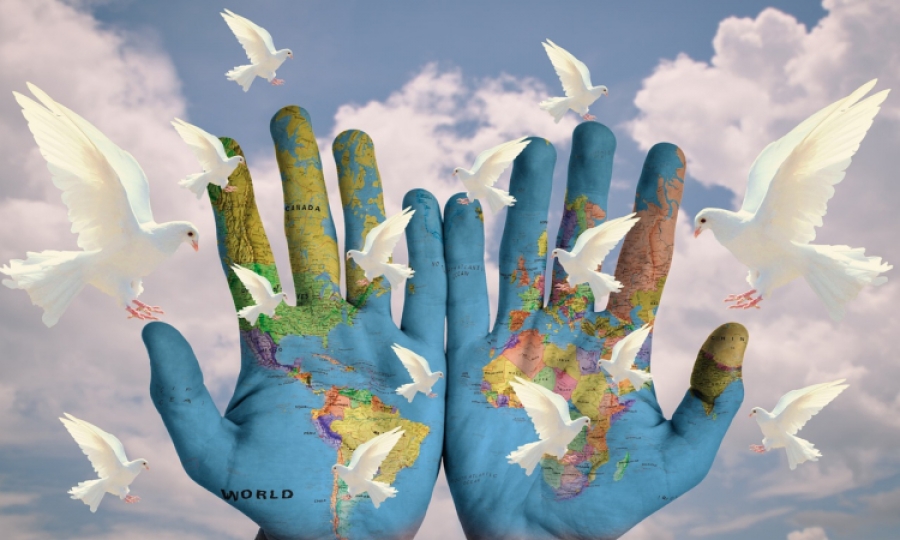
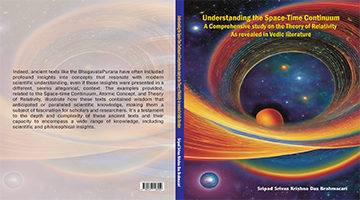






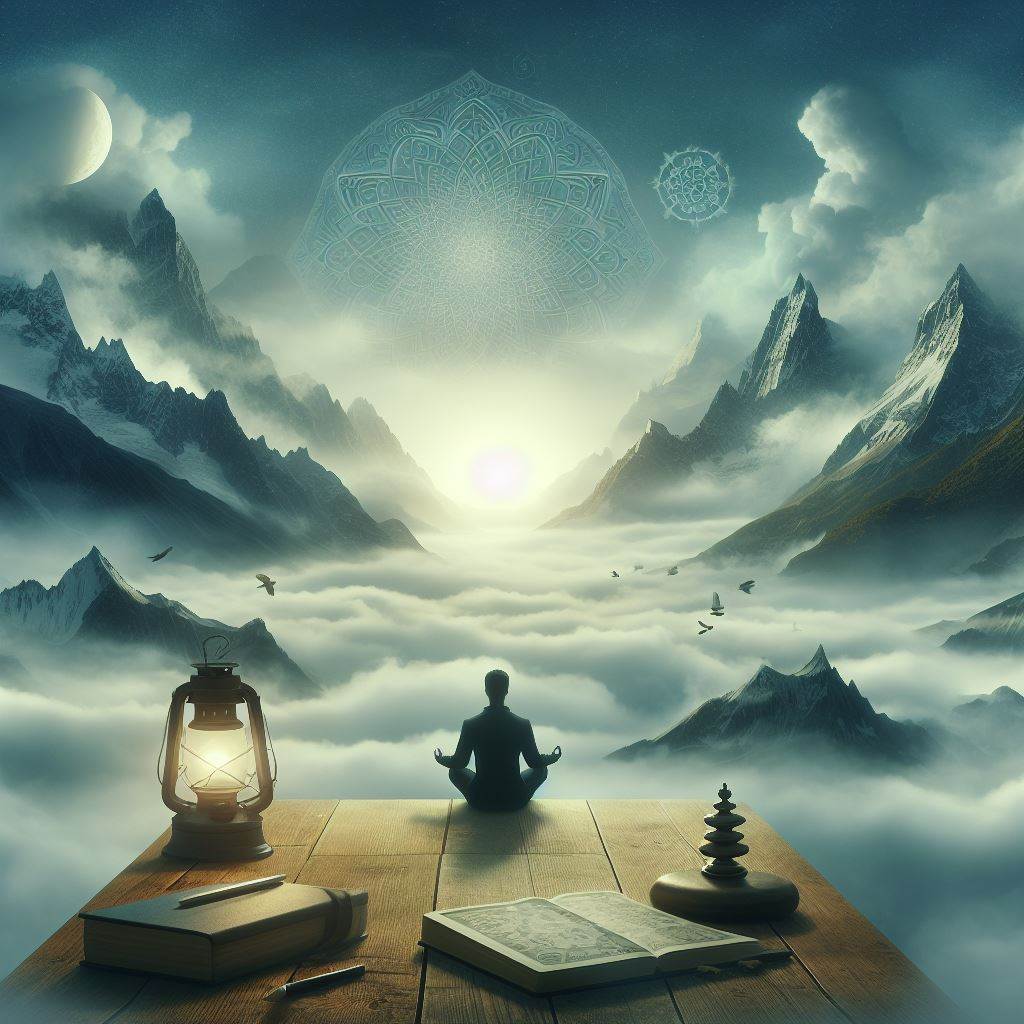







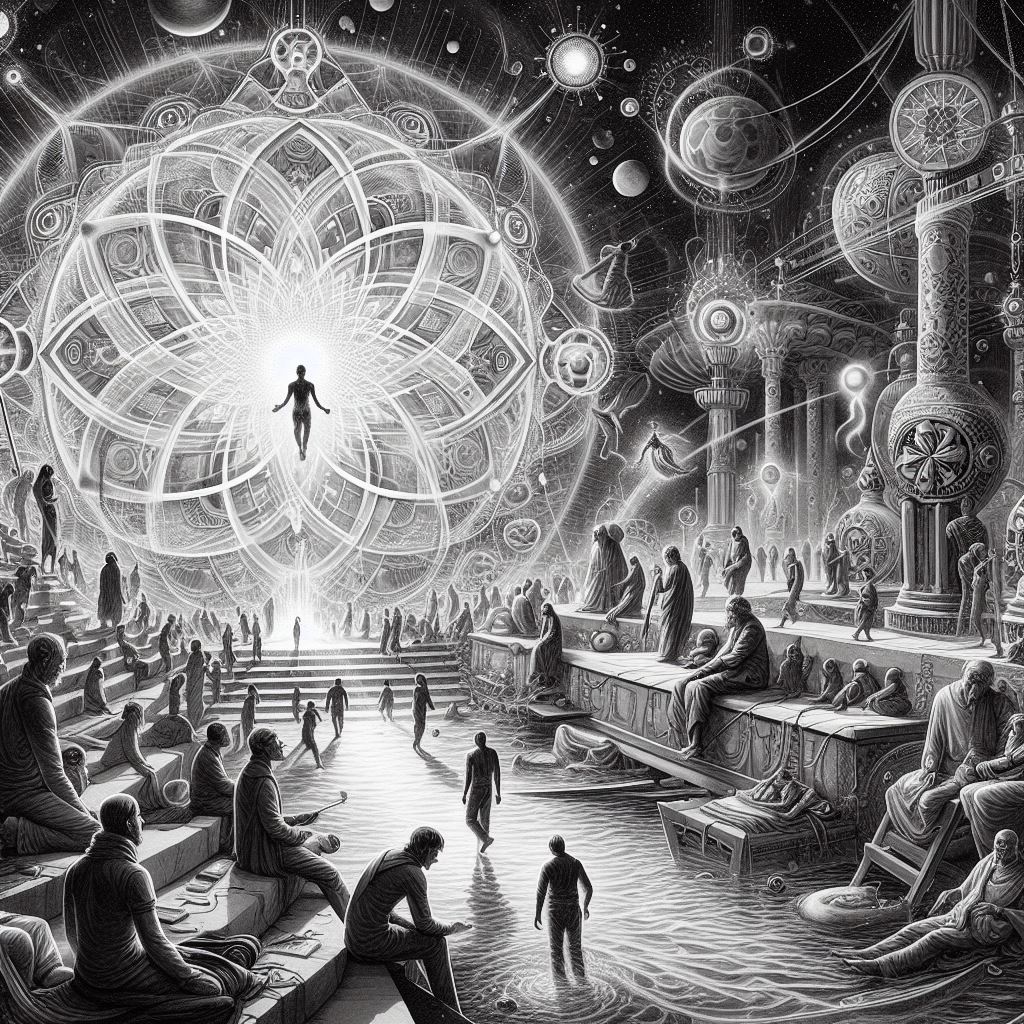
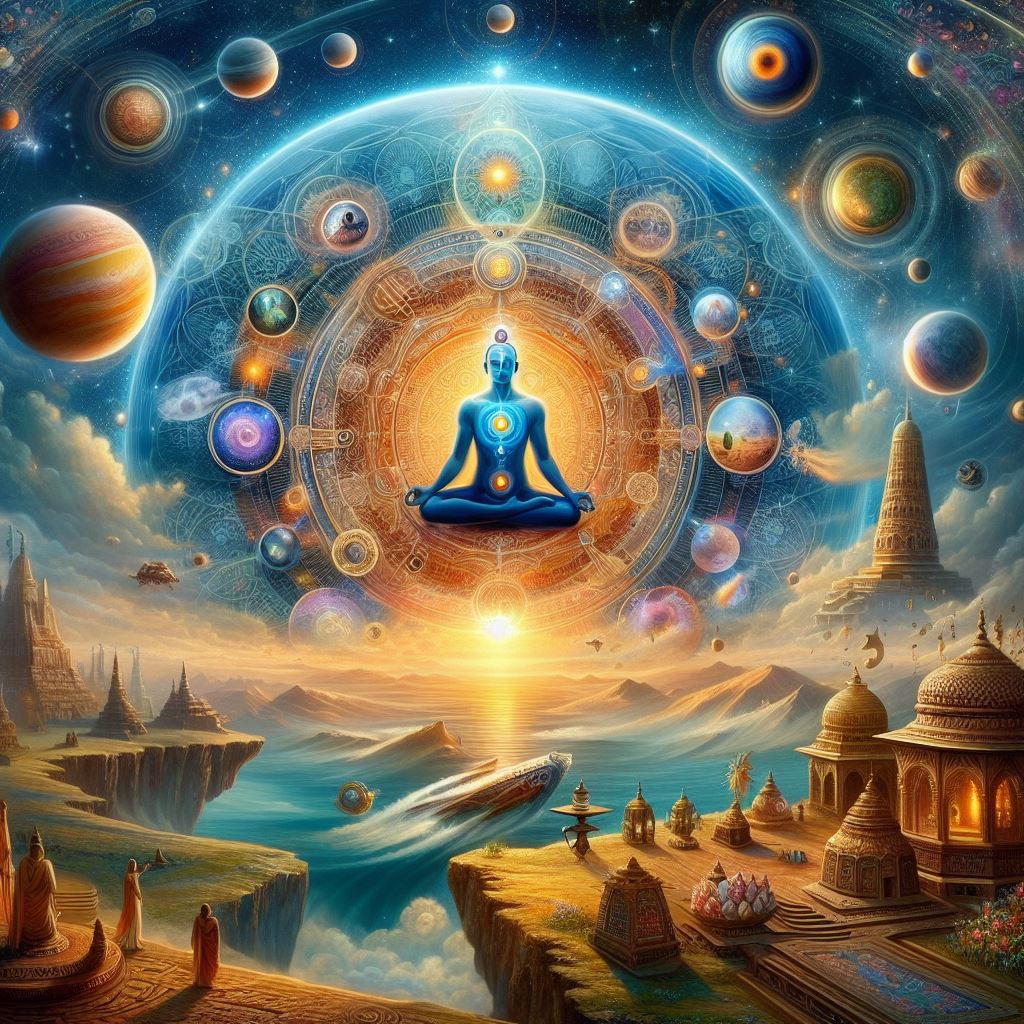
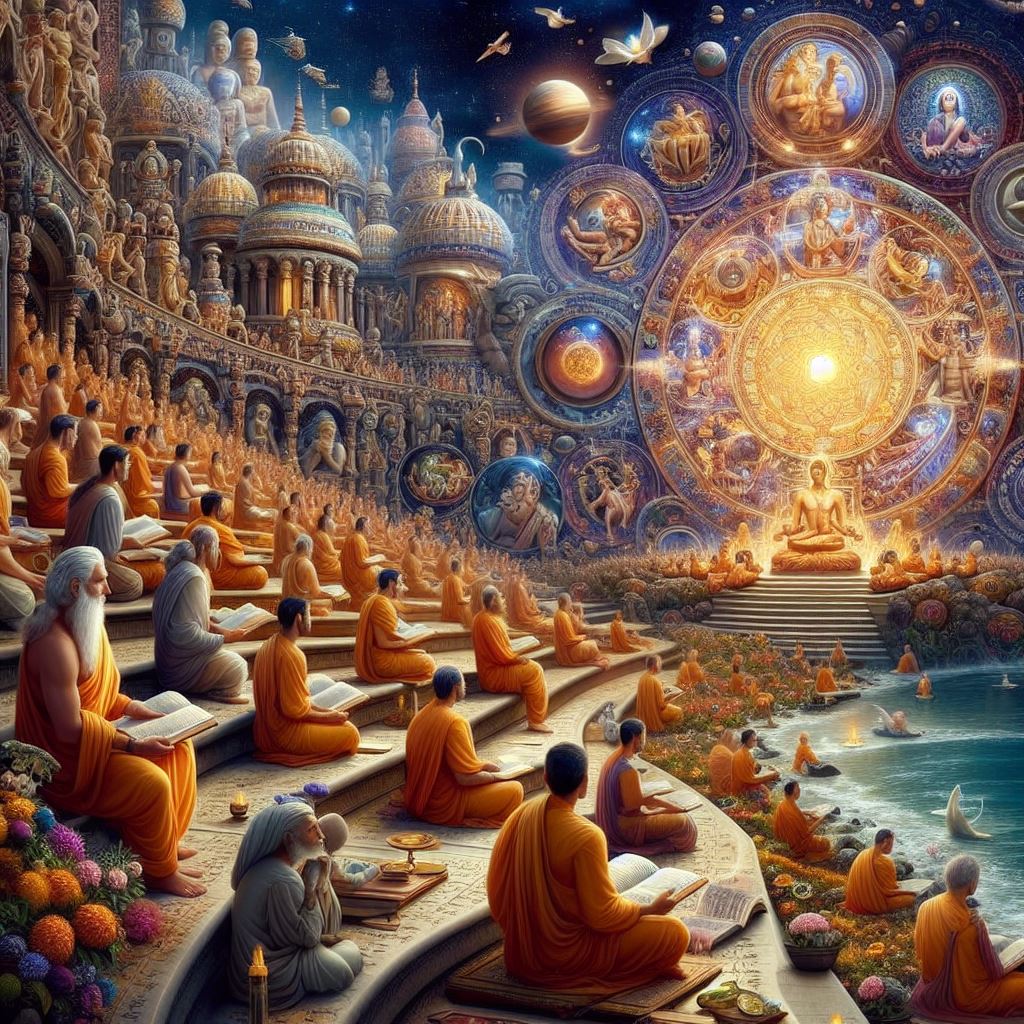



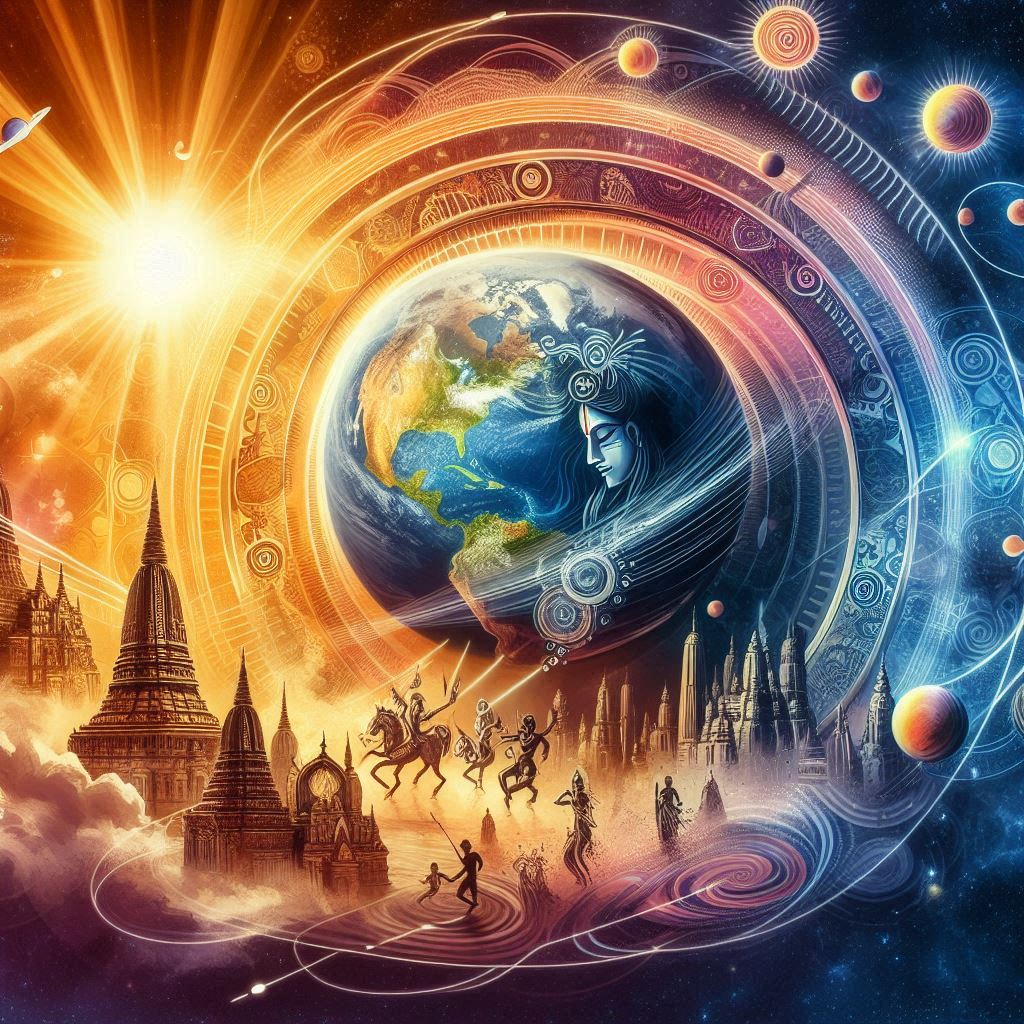
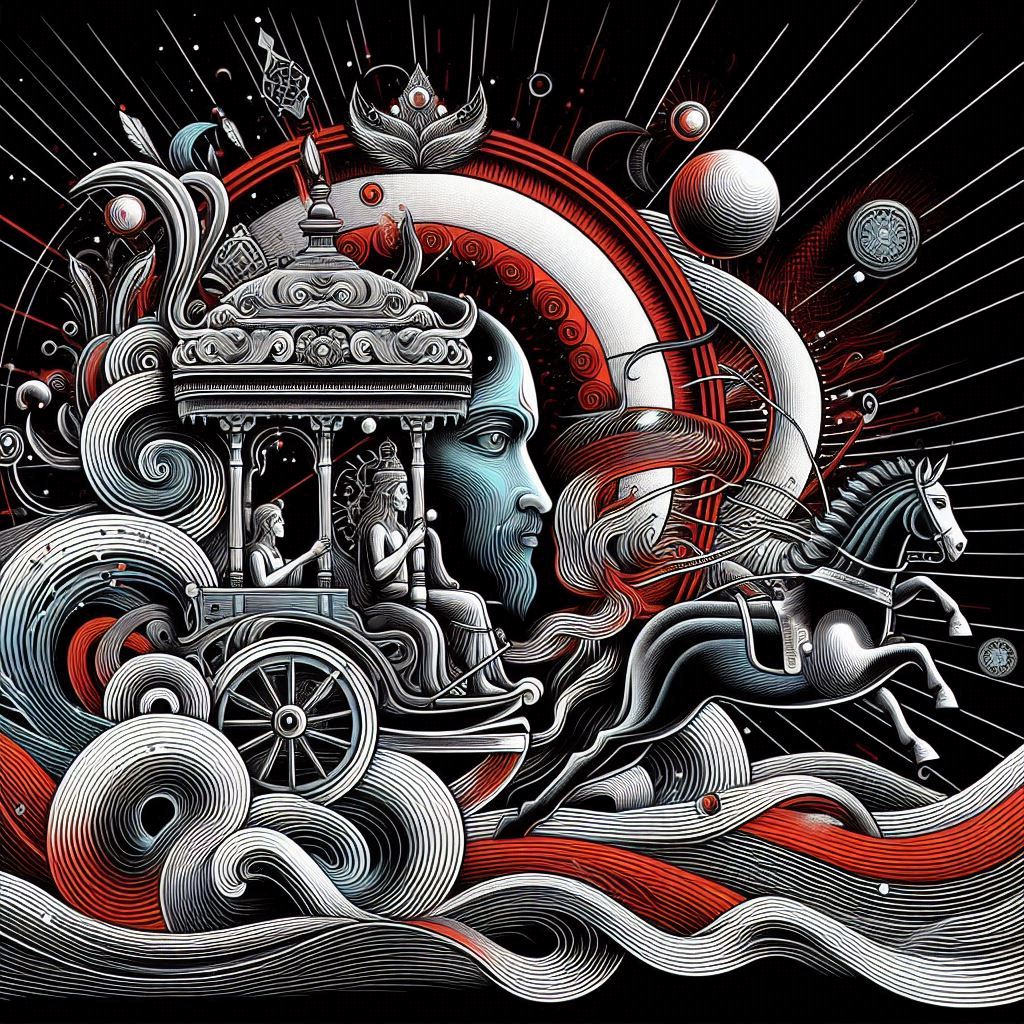
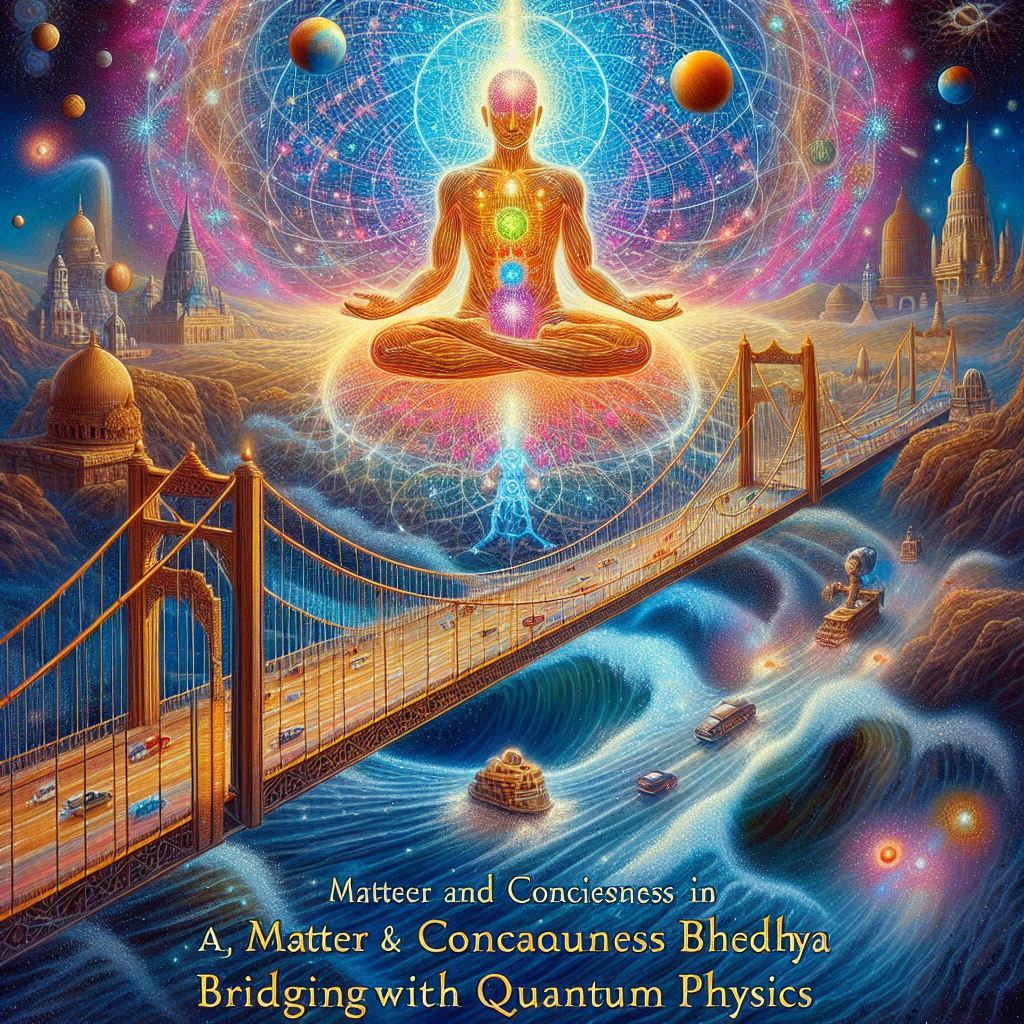
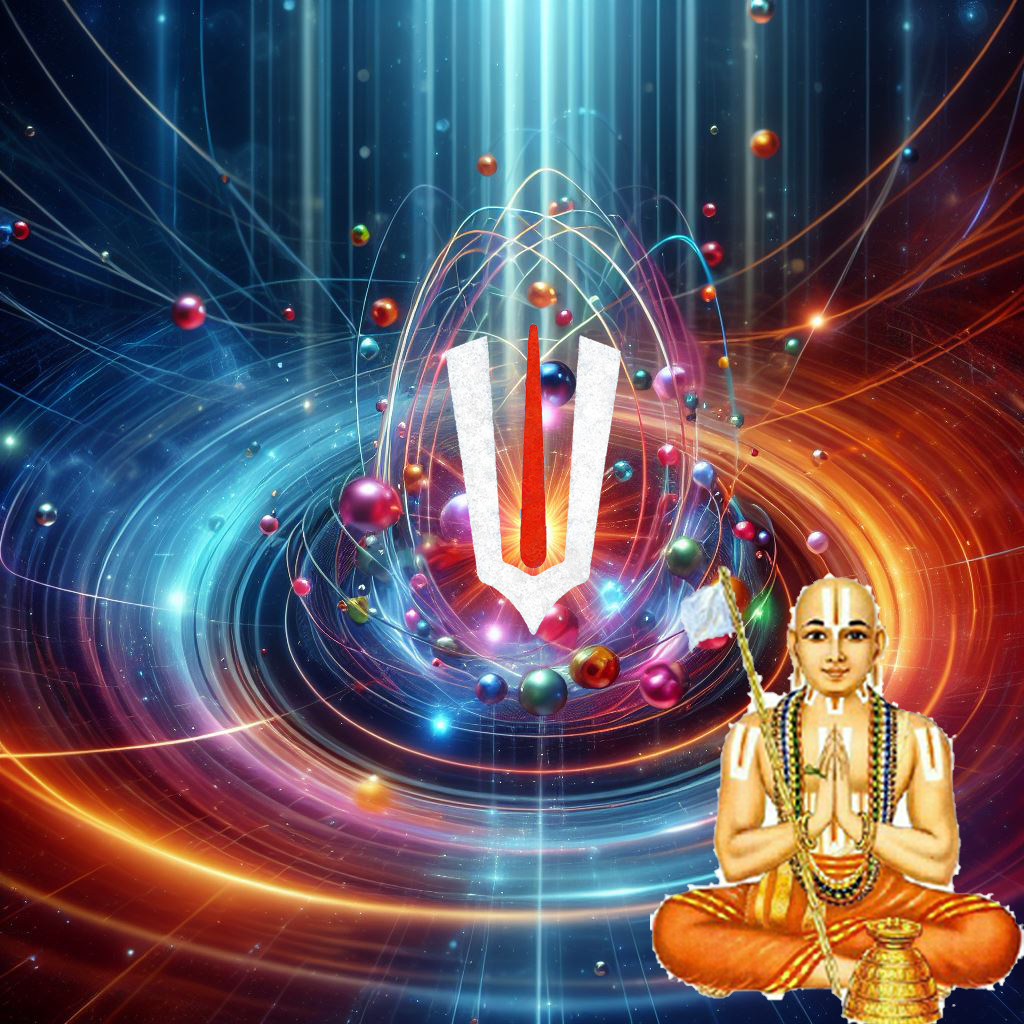
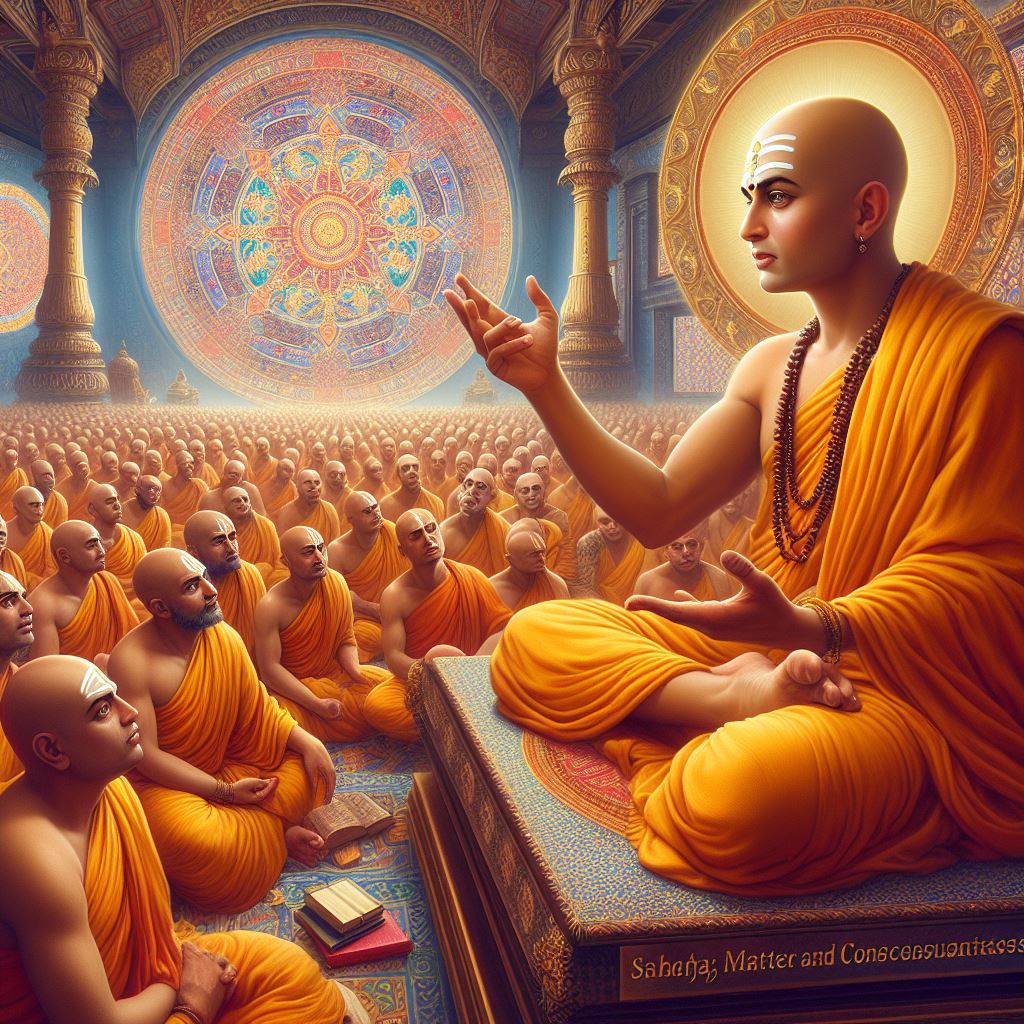
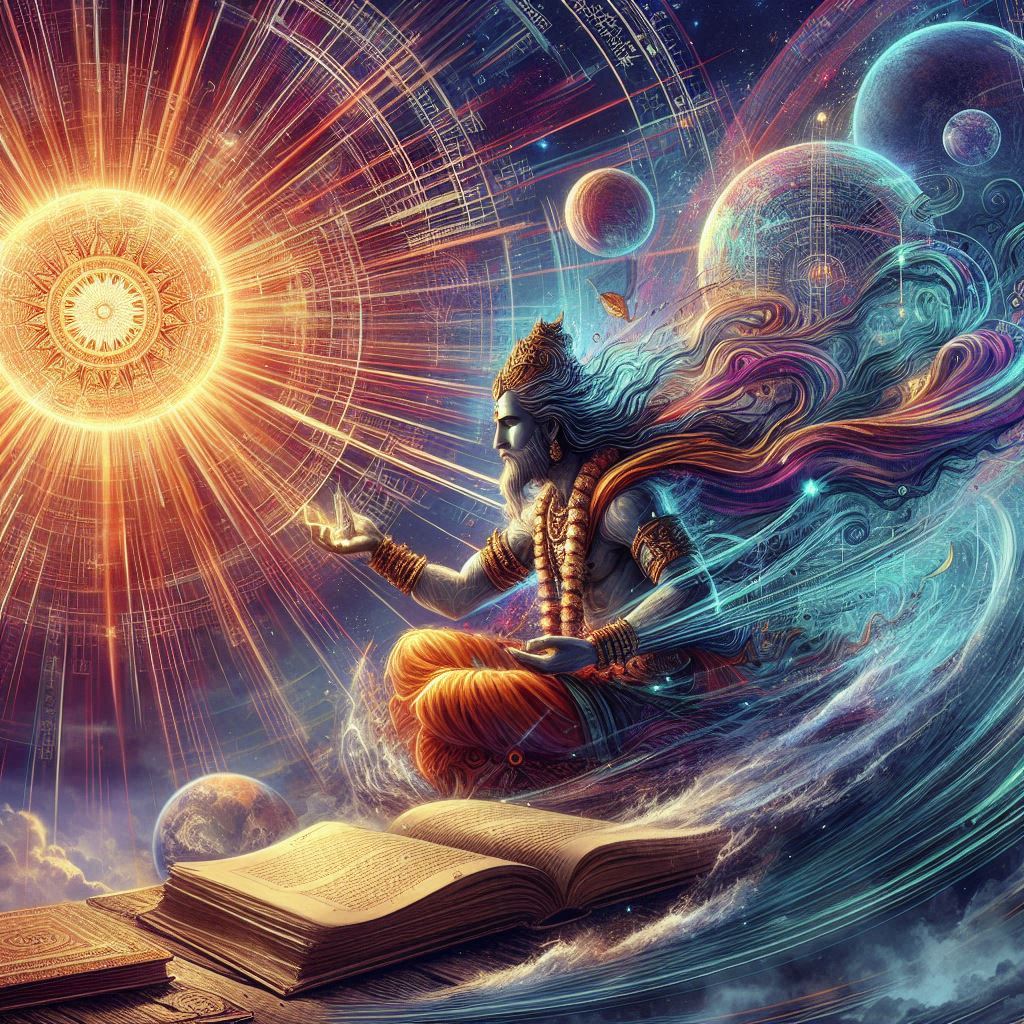
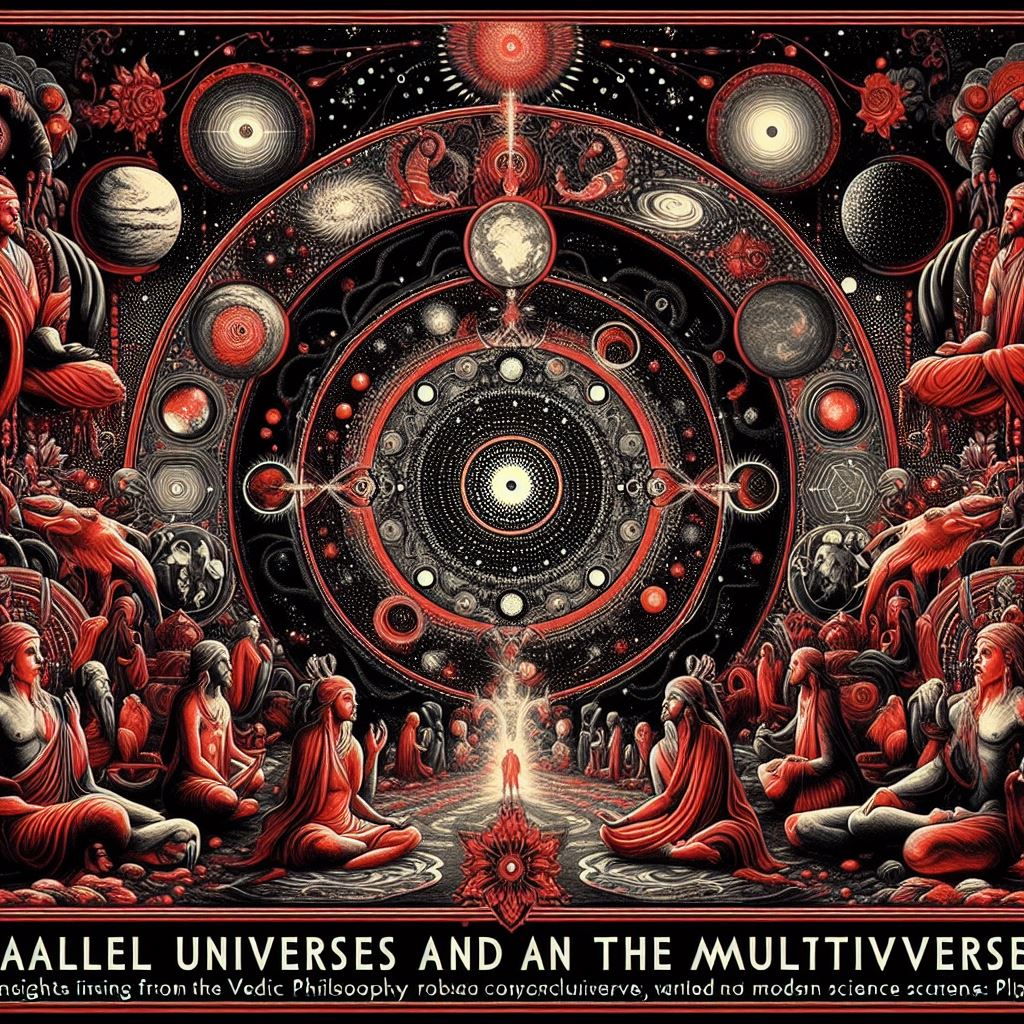
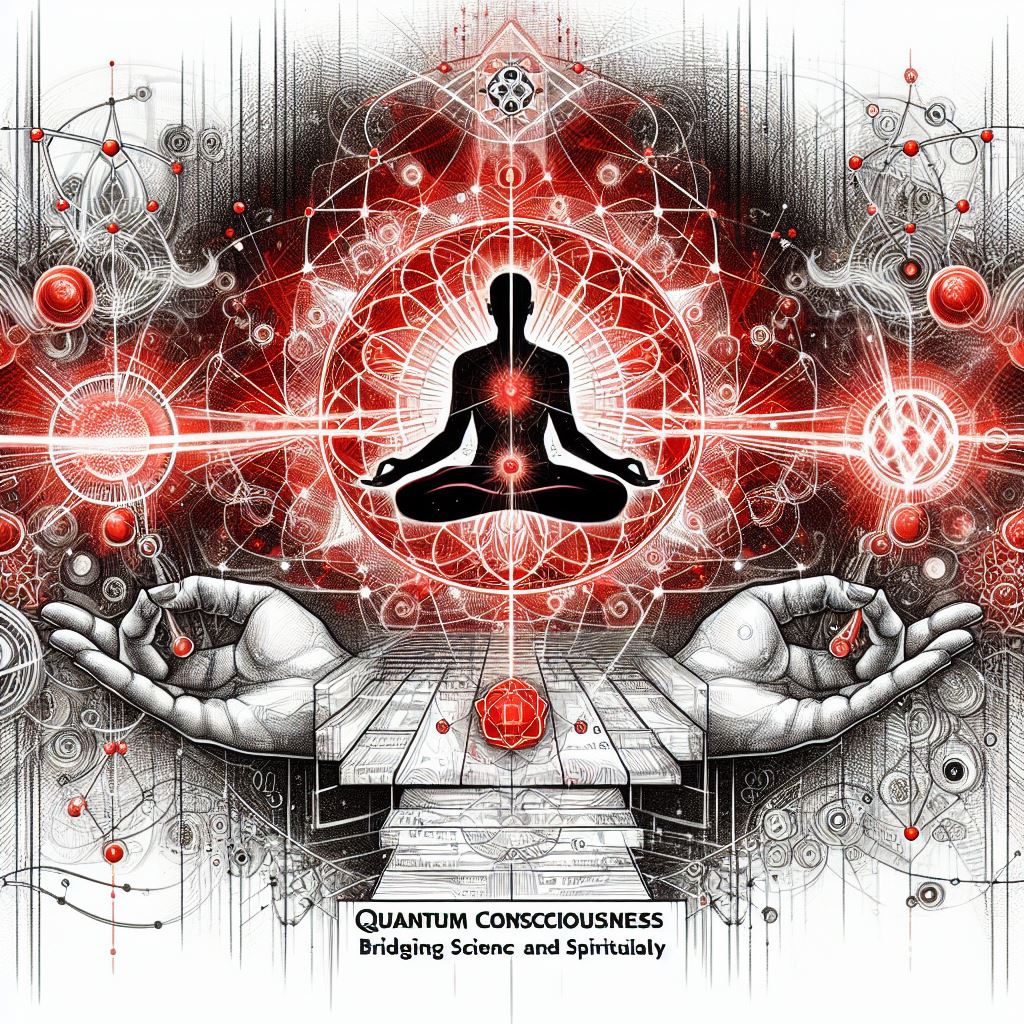
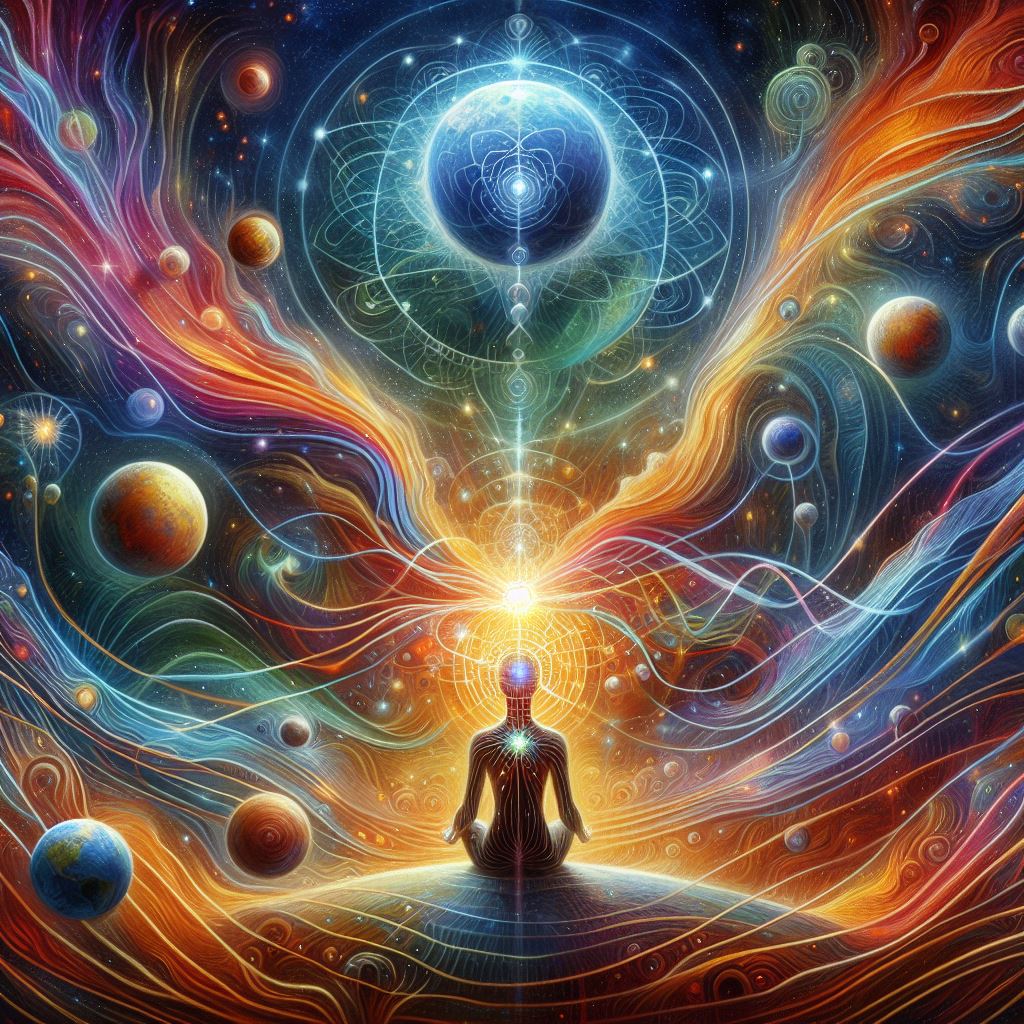

Origin of Science
The Existence of the Soul: Exploring Neuroscience, Quantum Physics and Vedic Philosophy
Temporal Relativity in Vedic Literature: An Interdisciplinary Analysis of Time Dilation Narratives
Acharya Kaṇāda: The Ancient Sage Who Discovered the Atom
Evidence of Vedic Sanātana Hinduism as a Global Dharma
Perception of Quantum Gravity and Field Theory in the Vedas
String Theory as Mentioned in Veda
Sanskrit’s Role in Advancing AI: A Comprehensive Study
The Vedic Model of the Mind: A Contemporary Exploration
Vedic Contributions to Geometry: Unveiling the Origins of Mathematics
Matter and Consciousness in Achintya Bhedābheda: Bridging with Quantum Physics
A Comprehensive Study of Aeroplanes and Aviation in Vedic Literature
Hydrology and the Water Cycle in Vedic Scriptures